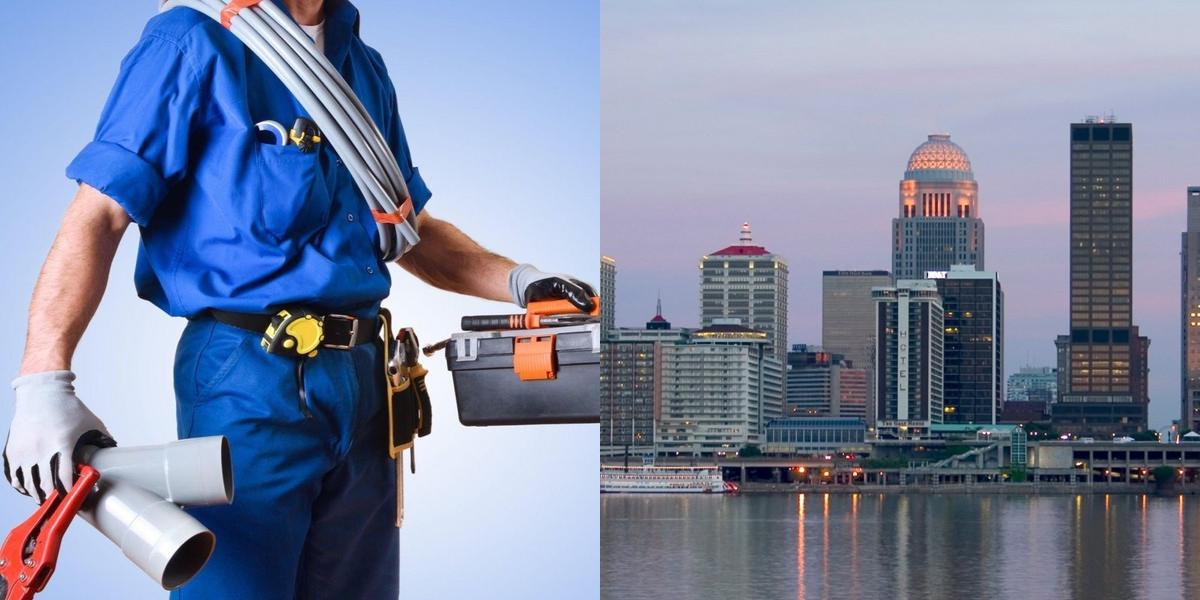How to Become a Plumber in Kentucky

Plumbers are skilled professionals who install, repair, and maintain plumbing systems that keep water flowing safely in homes, businesses, and public facilities. In Kentucky, plumbing is a licensed trade, which means you must complete state-approved training, pass exams, and earn your license before working independently. With solid pay and strong demand, plumbing is a career path worth pursuing.
According to the U.S. Bureau of Labor Statistics, plumbers, pipefitters, and steamfitters in Kentucky earn an average annual wage of $66,500 ($31.97 per hour) as of May 2024.
How long does it take to become a licensed plumber in Kentucky?
It typically takes 4–5 years to complete a state-approved apprenticeship before you can sit for the Journeyman exam. Additional years of experience are needed to pursue the Master Plumber license.
How much does a licensed plumber make in Kentucky?
According to BLS data, licensed plumbers in Kentucky earn about $66,500 per year ($31.97 per hour) as of May 2024.
What is the quickest way to become a plumber?
The fastest path is to complete a plumbing apprenticeship through a trade school or union program. This ensures you meet Kentucky’s hands-on training requirements and qualify for the Journeyman exam as soon as possible.
What plumbing work can be done without a license in KY?
In Kentucky, only licensed plumbers may perform most plumbing work. Minor repairs such as replacing faucets or showerheads may not require a license, but any installation or modification of plumbing systems must be completed by a licensed professional.
Final Thoughts
Becoming a plumber in Kentucky requires patience, training, and a willingness to learn. From completing your apprenticeship to passing the licensing exams, each step brings you closer to a career with stability, growth, and strong earning potential. With salaries averaging $66,500 per year and opportunities to advance into specialized or supervisory roles, plumbing is a solid career choice.
If you’re ready to start, explore Dreambound’s plumbing programs and take the first step toward becoming a licensed plumber in Kentucky.
Dreambound offers a window into various career paths, so if you're considering a shift in your career, browse through these articles:

Athena is Co-founder and CEO of Dreambound.



